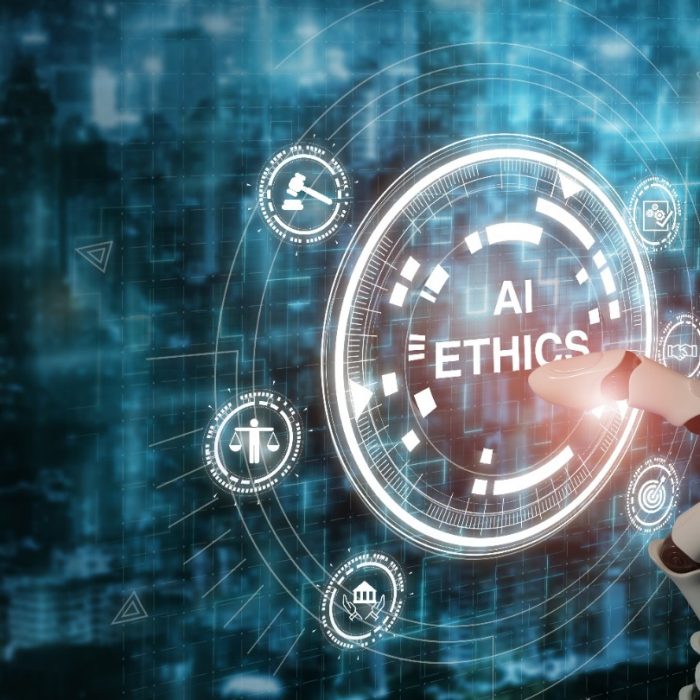Ethics, society and technology

The challenge
What constitutes a good engineer? What are the standards of excellence for a technical designer? The way engineers and designers are trained, not merely in their technical skills but also in their understanding of societal impact and ethical aspects of the things they design, may tacitly or explicitly influence design choices.
Design choices that lead to concrete products or services directly impact our societies for better or worse. Famous examples are Robert Moses' low hanging bridges in New York that prevented the poor, typically travelling by bus, visiting the Long Island beaches, enhancing a social class division. Or the addition of SMS functionality to mobile phone communication, initially intended for technical purposes, that created widely adopted novel modes of social communication of which many of us reap the benefits through subsequent technologies such as WhatsApp and Signal.
The solution
Social and ethical reflection should be coherently embedded as part of routines for good engineering and design practices. Engineers and designers should be confronted with the social and ethical dimensions of their projects and be given ample space to critically reflect on and creatively play with societal, ethical and potentially other aspects (e.g., historical, economical, environmental, religious, juridical) of the technology they’re designing.
One part of the solution lies in changing the way we teach engineering and design students so they’re able to meet the high demands of society and become responsible engineers. Another part of the solution is to help accredited engineers understand societal values so they can be included in technical design.
Societal and ethical challenges are best addressed by interdisciplinary collaborations. Our research projects create mutual learning opportunities for researchers in both engineering and the humanities.
Our projects include engineering ethics education, as well as developing ethical frameworks that encourage ethically and socially sound systems design, scraping online digital content to better understand societal preferences and values regarding innovations, and how these may change over time, and moral aspects of AI systems.
The impact
Understanding ethical and societal issues are critical to the development of new technologies. In the short or long term, technical innovations will be abandoned if they’re ethically risky or out of sync with societal values.
“If technology is designed without attention for ethical and societal values, it will become a tool of ignorance, frustration or ridicule.”
Dr Christine Boshuijzen-van Burken
Engineers are increasingly more aware of this. Our projects support socially and ethically responsible engineering and design, be it in the domain of defence and security, transportation and logistics, aviation safety, or systems engineering and deep learning applications.
Related people and partners
Related links
- Christine Boshuijzen-van Burken, Shreyansh Singh and Bianca Baggiarini (2022) A Feasibility Study for inclusion of Ethics and Social issues in Engineering and Design Coursework in Australia, SEFI Proceedings 2022, Barcelona.
- Why we need Engineers who study ethics as much as maths (By Travis Waller and colleagues)
- Ethical Design of Trusted Autonomous Systems – research project
- Value Conversation Starters on autonomous systems in defence
- Ethics of Vision AI on the Battlefield (poster presented at Defence Human Science Symposium)
- Value Sensitive Design for autonomous weapon systems
- Value Sensitive Design meets Participatory Value Evaluation for autonomous systems in Defence
- Gunning for an edge: Defence cadets put AI vision system to the test








